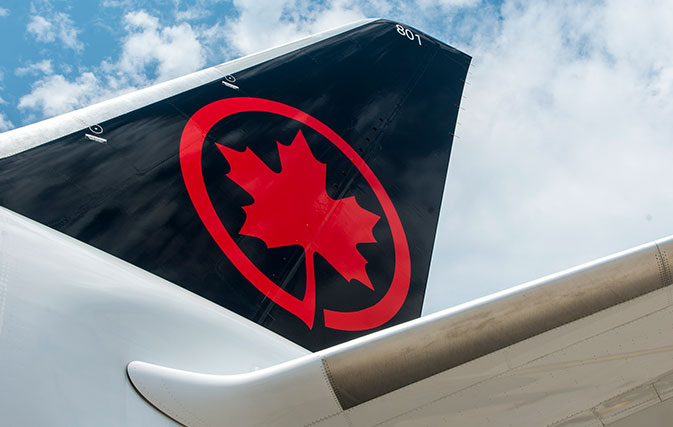TORONTO — With the possibility of an Air Canada pilots strike looming on the horizon, both ACTA and the Tourism Industry Association of Canada (TIAC) are calling on the federal government to step in and prevent another airline labour disruption.
In a statement issued yesterday, ACTA urged the federal government “to engage promptly in facilitating a resolution to avert another significant challenge facing the travel industry.”
Contract negotiations between Air Canada and the Air Line Pilots Association (ALPA) have been ongoing since June 2023. Federal conciliation ended Aug. 26, 2024, at which time a 21-day cooling-off period began. If a new contract is not reached by the end of the cooling-off period, the pilots, who voted overwhelmingly in favour of a strike, will be in a legal strike position as soon as Sept. 18. Last month Air Canada introduced a goodwill policy to offer flexibility to customers with imminent travel plans.
If Air Canada’s planes are grounded, the repercussions on the travel industry would be devastating, with Canadian consumers, employees, and businesses across the nation also feeling the effects, says ACTA President Wendy Paradis.
“Our members are fielding calls from people across the country and throughout the world concerned about potential disruptions to their long-awaited travel plans and critical business trips. This uncertainty alone threatens our industry’s long-term growth. We urge the federal government to take swift action in support of a resolution that will safeguard travel plans and protect our sector’s stability,” said Paradis.
She added that a labour disruption at Air Canada would mean significant financial strain and uncertainty for Canada’s travel agencies, threatening their ability to operate effectively and meet their clients’ needs.
The travel industry’s summer started with a strike by WestJet’s mechanics, forcing that airline to park 130 aircraft at 13 airports across Canada and cancel hundreds of flights.
Meanwhile TIAC says proactive government engagement is crucial to prevent a labour disruption to protect the interests of travellers and mitigate further damage to the tourism sector and Canada’s broader reputation, noting that Air Canada carries up to 120,000 passengers each day.
“Labour disputes have created a trend of instability across Canada’s critical infrastructure sectors,” said Beth Potter, President and CEO of TIAC. “We cannot afford another blow to our economy and reputation. September is a critical month for events and conventions, which make up 40% of our tourism economy. The ripple effects of a strike would be felt across the entire economy, from tourism operators to local businesses and communities that depend on visitor spending. Without a resolution at the bargaining table, we need the federal government to facilitate a resolution that keep planes in the air and our industry moving forward.”

